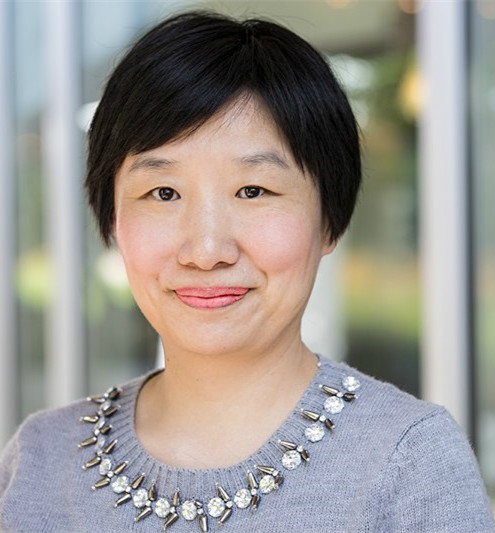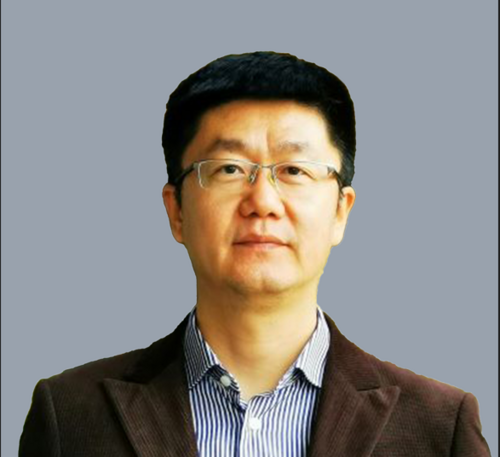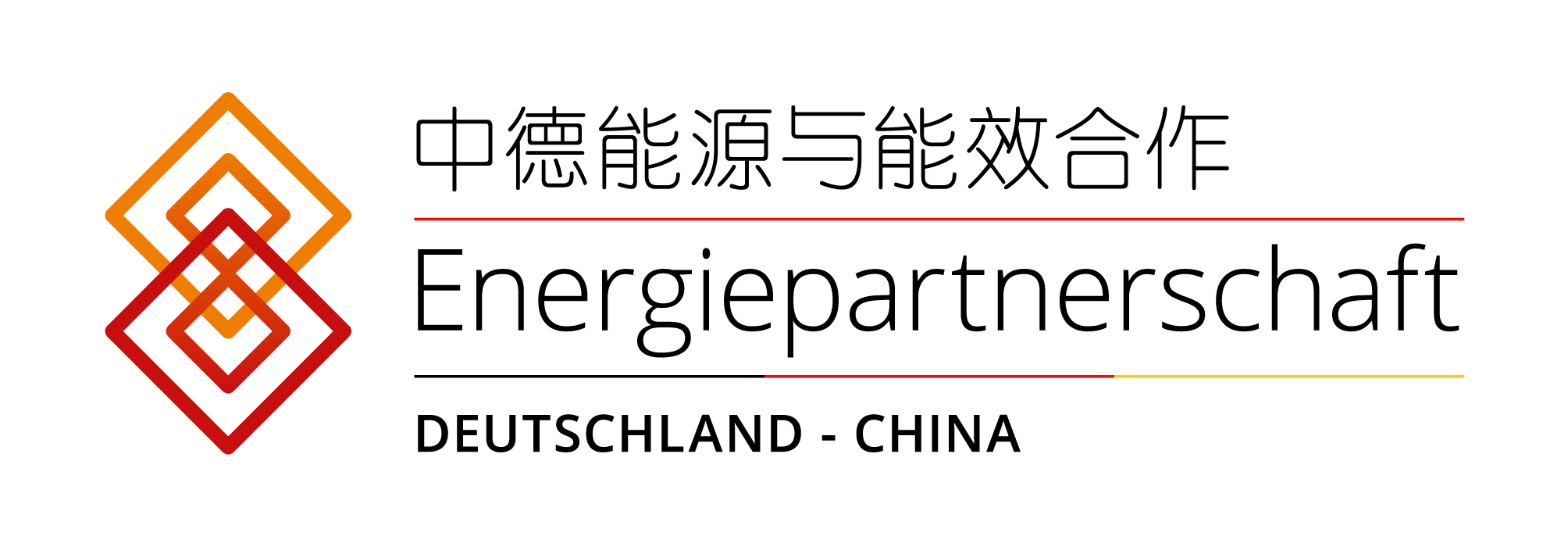Contact
Yin Yuxia
Project Director
Sino-German Energy Partnership
Deutsche Gesellschaft für Internationale Zusammenarbeit (GIZ) GmbH

Wang Hao
Project Manager
Sino-German Energy Partnership
Deutsche Gesellschaft für Internationale Zusammenarbeit (GIZ) GmbH

Weng Fangping
Communication Specialist
Sino-German Energy Partnership
Deutsche Gesellschaft für Internationale Zusammenarbeit (GIZ) GmbH

Lv Yanan
Project Officer
Sino-German Energy Partnership
Deutsche Gesellschaft für Internationale Zusammenarbeit (GIZ) GmbH

Vincent Fremery
Project Advisor
Sino-German Energy Partnership
Deutsche Gesellschaft für Internationale Zusammenarbeit (GIZ) GmbH

Liliane Ronge
Advisor
Sustainable heating and standard development
Sino-German Energy Partnership
Deutsche Gesellschaft für Internationale Zusammenarbeit (GIZ) GmbH

Liu Wenjin
Project Director
Sino-German DemostrationProject on Energy Efficiency in Cities
as part of the Sino-German Energy Partnership

Yuan Zhen
Project Officer
Sino-German Energy Partnership
Deutsche Gesellschaft für Internationale Zusammenarbeit (GIZ) GmbH

Markus Wypior
Project Director
Sino-German Energy Transition project
as part of the Sino-German Energy Partnership

Liu Xueling
Technical Advisor
Sino-German Energy Transition project
as part of the Sino-German Energy Partnership

Hu Ning
Technical Advisor
Sino-German Energy Partnership

